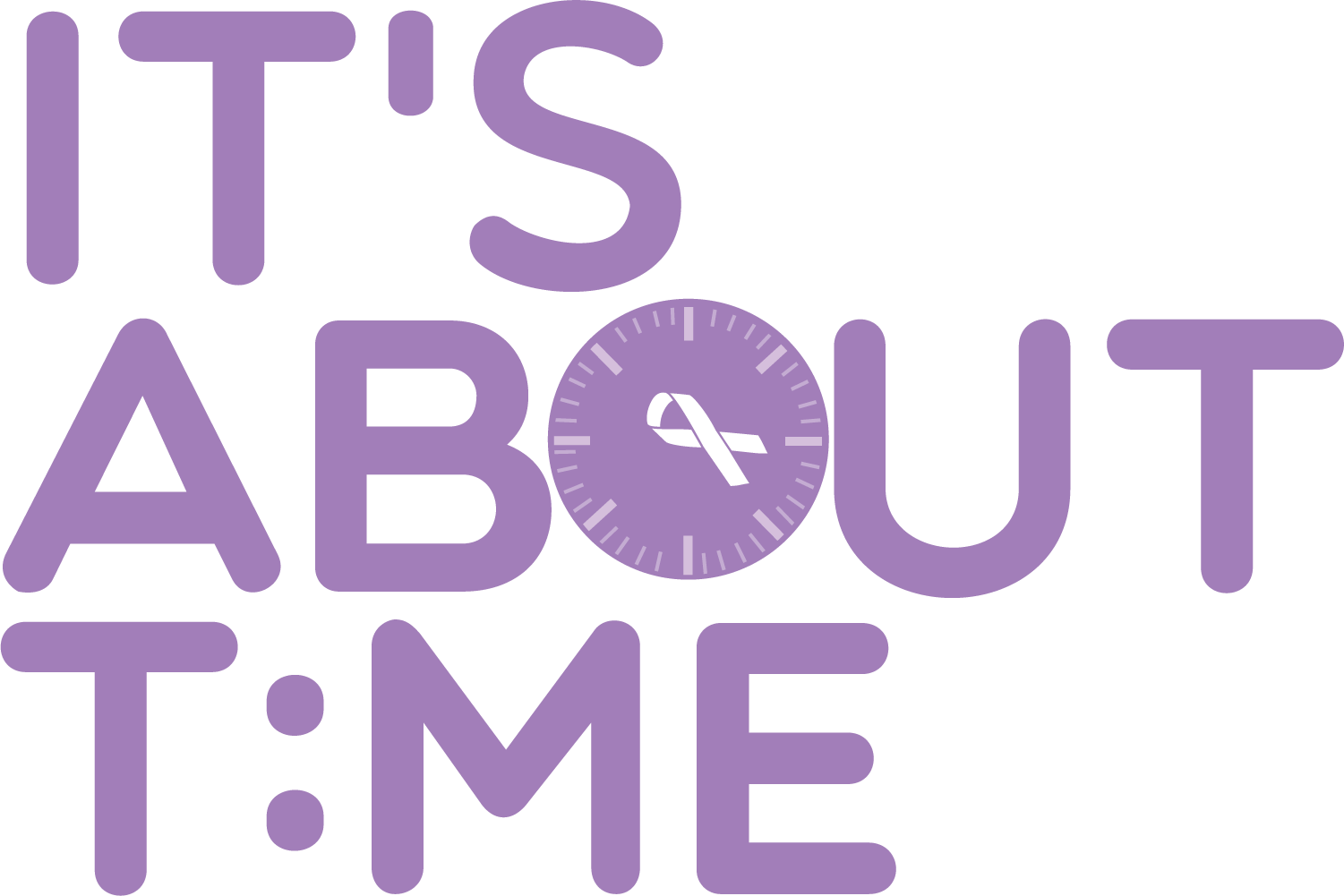The breast cancer no one talks about: One woman’s journey with metastatic disease
"At diagnosis I was told I probably had about two years to live, which is really devastating to hear."
(BPT) – Beth Fairchild considered herself fairly well-educated about breast cancer. Like most people, she had followed discussion in the media, the pink merchandise and the many events in support of breast cancer awareness, as well as the accompanying information about prevention and early detection. But for Fairchild, the disease was also personal: both her mother and paternal grandmother had been diagnosed with breast cancer, which she knew increased her own risk. Because of this, she educated herself and followed recommended steps to monitor her health.
But when Fairchild, 36, a tattoo artist, wife, and mother of two teenagers, first noticed pain and swelling in her pelvic area two years ago, breast cancer never entered her mind. Over the following months, her pain increased, and she developed nausea and fatigue. She was shocked when exams, scans and surgery led to a diagnosis of metastatic breast cancer (MBC) — breast cancer that had spread to other organs.
In MBC, the cancer spreads (or “metastasizes”) beyond the breast to other organs in the body — commonly the bones, liver, lungs and brain. While 98 percent of women whose cancer stays confined to the breast are alive at five years after diagnosis, only about 25 percent of women with metastatic disease live five years or longer. There is no cure for MBC, but treatments are available that can shrink tumors, delay their growth, and in some cases, help patients live longer.
“At diagnosis I was told I probably had about two years to live, which is really devastating to hear,” Fairchild says. “I had so many questions; I thought I knew everything a woman needed to know about breast cancer, but I realized that I just didn’t know anything. I needed to educate myself — quickly!”
Fairchild turned to the internet, learning about her disease by spending up to 12 hours a day pouring over research studies and struggling to digest complex and confusing medical information. “While there is information available, it can be overwhelming to sift through, especially during the emotional time following a new diagnosis,” she says. “I was frustrated that so much of the available information I found did not adequately address metastatic breast cancer.”
Today, women with MBC and their loved ones may have an easier time finding the information they need, as more resources have been created specific to metastatic cancer. MBCInfoCenter.com is a website dedicated to providing comprehensive resources for MBC. The site, created by Eisai Inc., aggregates credible online resources on many topics, including understanding side effects and pain management, tips for living healthier lifestyles, and a patient-friendly guide to understanding clinical trials. It also guides MBC patients to communities where they can share information and experiences with others.
For Fairchild, her time online led her to stories of other women with similar diagnoses, which offered her comfort and encouragement. “I started to learn about people who had been living with this disease for three, five, 10 and even 13 years. That’s what I needed — to know that it would be possible for me to live with this disease.”
It has now been two years since Fairchild’s initial diagnosis.

